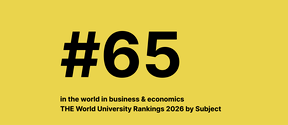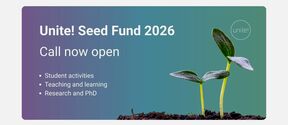Aalto University’s open science monitoring results are in line with most of the other Finnish universities
All universities and universities of applied sciences and most of the research institutes participated in the monitoring questionnaire and information gathering on open science and research policies, services and results.
Aalto University did well in the areas of open scholarship, open data and infrastructure and open publishing, but our results were only satisfactory in the area of open education.
Our results are in line with the other universities. However, some universities got excellent points in all the areas of the open science monitoring.
The results of the open science monitoring has been published in the national research.fi portal where it’s possible to view the result from different viewpoints. The detailed monitoring results of Aalto University can be found at Aalto University's page in the research.fi.
Furthermore, the total costs of scientific publishing for 2021 were collected. The total budget was 43.6 million € for the Finnish research community. The results are findable in Finnish only (16. 12.2022) in the resarch.fi portal but will be published in English later on.
The visualisations depict the national division of costs in
- transformative agreements (49% of the total budget)
- license and subscription fees (32%)
- article processing charges APCs (10%) and
- printed material (6%).
At Aalto, the share of transformative agreements amount to 66% of the total budget. The share of license and subscription fees in nearly 20%, APCs 13% and printed material 1%. In 2021, the costs of scientific publishing (not just open access publishing) was ca. 3.8 million €.
More information can be found on avointiede.fi and research.fi webpages:
Read more news

Enhancing doctoral researchers’ work-life skills – Join the DOC+ events
Doctoral student or postdoc, have you been pondering about building a meaningful doctoral career? Or about the future of AI in research and working life? These events and learning opportunities are for you!
Specialised AI models could be Finland's next global export
Specialised, resource-efficient AI models could be the next competitive edge of our country, and a way to stand out among the use of large language models.
Business & economics and computer science ranked in top 100 globally
The Times Higher Education ranking measures universities with 18 indicators, including international research and citations






